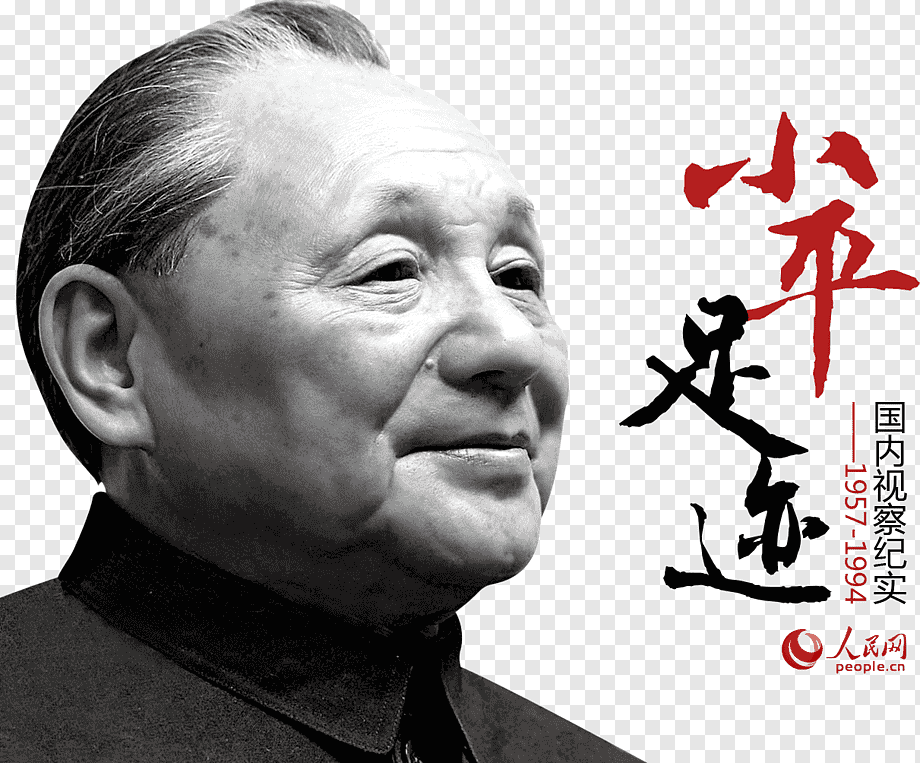Those letters give a spooky insight into the personal and day-to-day woes and obsessions of both Marx and Engels. That is kinda screwed up, and Marx does acknowledge as much later on.
https://marxists.architexturez.net/archive/marx/works/1863/letters/index.htm
In fairness, I think it's easy to forget they were just humans with moods and problems and strange relationships, it's clear they remained good friends still.
My favourite quote, from a later Engel's letter: "I am now reading Kinglake and am becoming more convinced than ever that somewhere in every Englishman’s brain a board is nailed up beyond which nothing penetrates.".
Not really theory, but one of my favorite quotes:
Go forward knowing that, sooner rather than later, the great avenues will open again where free men will walk to build a better society.
When this speech was broadcast there were audible bombs and gunfire in the background, and and he (Allende) was murdered shortly after. The fact that he could display this level of hope under those circumstances is still amazing to me and is something I think about whenever my doomer brain starts acting up.
I wonder how many people actually know Mao said it. Seems like it might be useful as a leftist dogwhistle.
“Political power flows out of the barrel of a gun.” Feel like this one comes up at least once a day.
“No investigation, no right to speak.” Extremely useful when dealing with people who never know what they’re talking about (americans).
I like misquoting the opening of the manifesto: “History is the history of class struggle.”
Someone post the one about the Maoist peasants’ revolt resulting in the most equitable distribution of land in history.
We live in capitalism. Its power seems inescapable. So did the divine right of kings. Any human power can be resisted and changed by human beings. Resistance and change often begin in art, and very often in our art, the art of words. -Ursula K. Le Guin
You compare a country from what it came from, with all it’s imperfections. And those who demand instant perfection the day after the revolution, they go up and say “Are there civil liberties for the fascists? Are they gonna be allowed their newspapers and their radio programs, are they gonna be able to keep all their farms?
The passion that some of our liberals feel, the day after the revolution, the passion and concern they feel for the fascists, the civil rights and civil liberties of those fascists who are dumping and destroying and murdering people before. Now the revolution has gotta be perfect, it’s gotta be flawless.
Well that isn’t my criteria, my criteria is what happens to those people who couldn’t read? What happens to those babies that couldn’t eat, that died of hunger? And that’s why I support revolution. The revolution that feeds the children gets my support. Not blindly, not unqualified. And the Reaganite government that tries to stop that kind of process, that tries to keep those people in poverty and illiteracy and hunger, that gets my undiluted animosity and opposition.
“ (people) make their own history, but they do not make it as they please; they do not make it under self-selected circumstances, but under circumstances existing already, given and transmitted from the past. The tradition of all dead generations weighs like a nightmare on the brains of the living.”
It’s a basic one but it’s very true
Nikita Khrushchev to Zhou Enlai: “I am the son of coal miners. You are the descendant of feudal mandarins. We have nothing in common.”
Zhou Enlai: “Perhaps we do. We are both traitors to our class.”
Holy shit. The origin of a two of our favorite memes.
Walter Rodney: "It was economics that said Europe should invest in Africa and control the continent's raw materials and labour. It was racism which confirmed the decision that form of control should be direct colonial rule."a
I tend to get the most mileage among the libs I argue with out of MLK's Letter from a Birmingham Jail, specifically:
I must make two honest confessions to you, my Christian and Jewish brothers. First, I must confess that over the past few years I have been gravely disappointed with the white moderate. I have almost reached the regrettable conclusion that the Negro's great stumbling block in his stride toward freedom is not the White Citizen's Counciler or the Ku Klux Klanner, but the white moderate, who is more devoted to "order" than to justice; who prefers a negative peace which is the absence of tension to a positive peace which is the presence of justice; who constantly says: "I agree with you in the goal you seek, but I cannot agree with your methods of direct action"; who paternalistically believes he can set the timetable for another man's freedom; who lives by a mythical concept of time and who constantly advises the Negro to wait for a "more convenient season." Shallow understanding from people of good will is more frustrating than absolute misunderstanding from people of ill will. Lukewarm acceptance is much more bewildering than outright rejection.
I leave Sisyphus at the foot of the mountain! One always finds one's burden again. But Sisyphus teaches the higher fidelity that negates the gods and raises rocks. He too concludes that all is well. This universe henceforth without a master seems to him neither sterile nor futile. Each atom of that stone, each mineral flake of that night filled mountain, in itself forms a world. The struggle itself toward the heights is enough to fill a man's heart. One must imagine Sisyphus happy.








